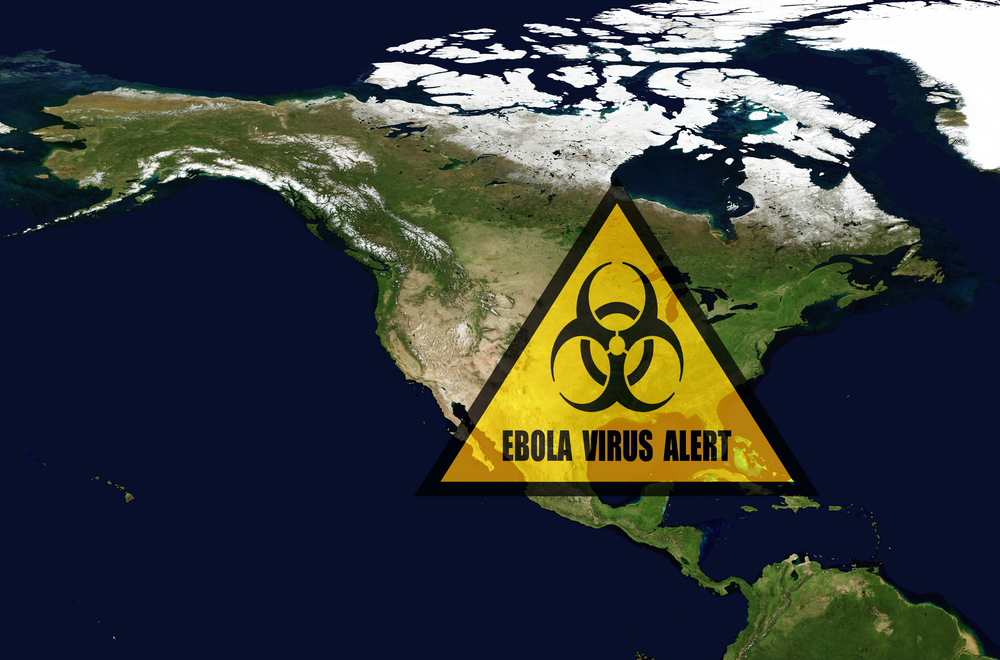CHICAGO—Rigorous monitoring of travellers arriving from Ebola-stricken West African countries is being implemented to keep the virus from spreading in the United States.
Key features announced Wednesday by the Centers for Disease Control and Prevention:
Who will be monitored?
Starting Monday, all travellers arriving in the United States from Guinea, Liberia and Sierra Leone will be monitored for 21 days. That includes journalists and CDC workers, too. The expanded screening will start in six states—Georgia, Maryland, New Jersey, New York, Pennsylvania and Virginia—destinations for most travellers from West Africa. It will be expanded to include other states.
How will they be monitored?
They’ll be checked for fever or other Ebola symptoms at five U.S. airports. If they have fever or symptoms, they will be immediately isolated and taken to hospitals for testing—that’s part of the previously implemented screening measures in the U.S. Passengers also undergo a similar screening before they leave West Africa.
Those arriving in the U.S. without symptoms will now also get special kits, which will include a digital thermometer and tips on using it, colorful charts detailing Ebola symptoms and information on where to call if they get sick.
Who will keep track of them?
State and local authorities will maintain daily contact with travellers for 21 days, asking about any fevers or other symptoms. CDC is working with states to determine the best method, including by phone, Skype, or in person. Anyone who plans to travel must make arrangements for checking in while they are gone.
What if they don’t comply?
State and local authorities will attempt to track down travellers who don’t report daily and will decide about any sanctions for those who refuse to co-operate.
